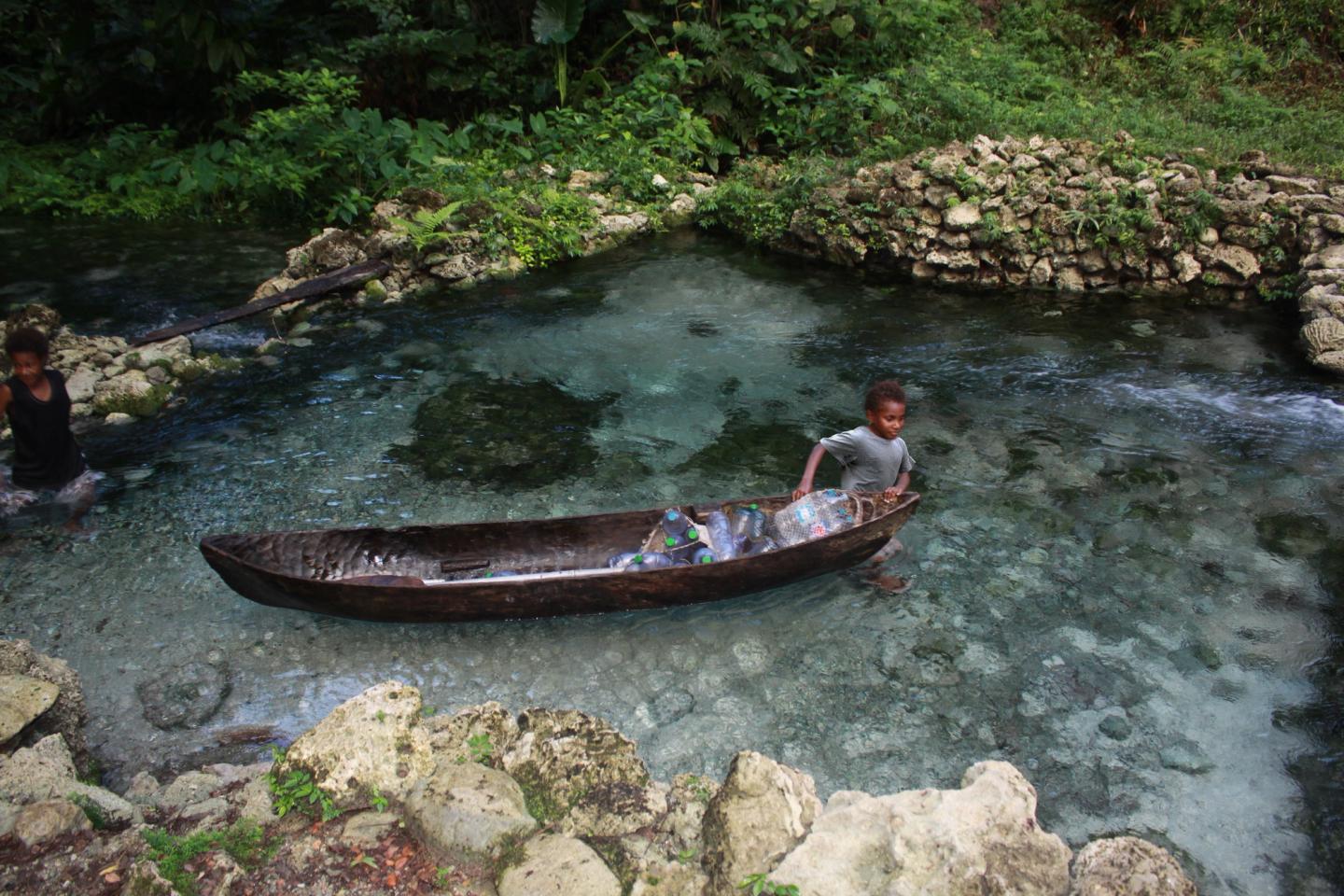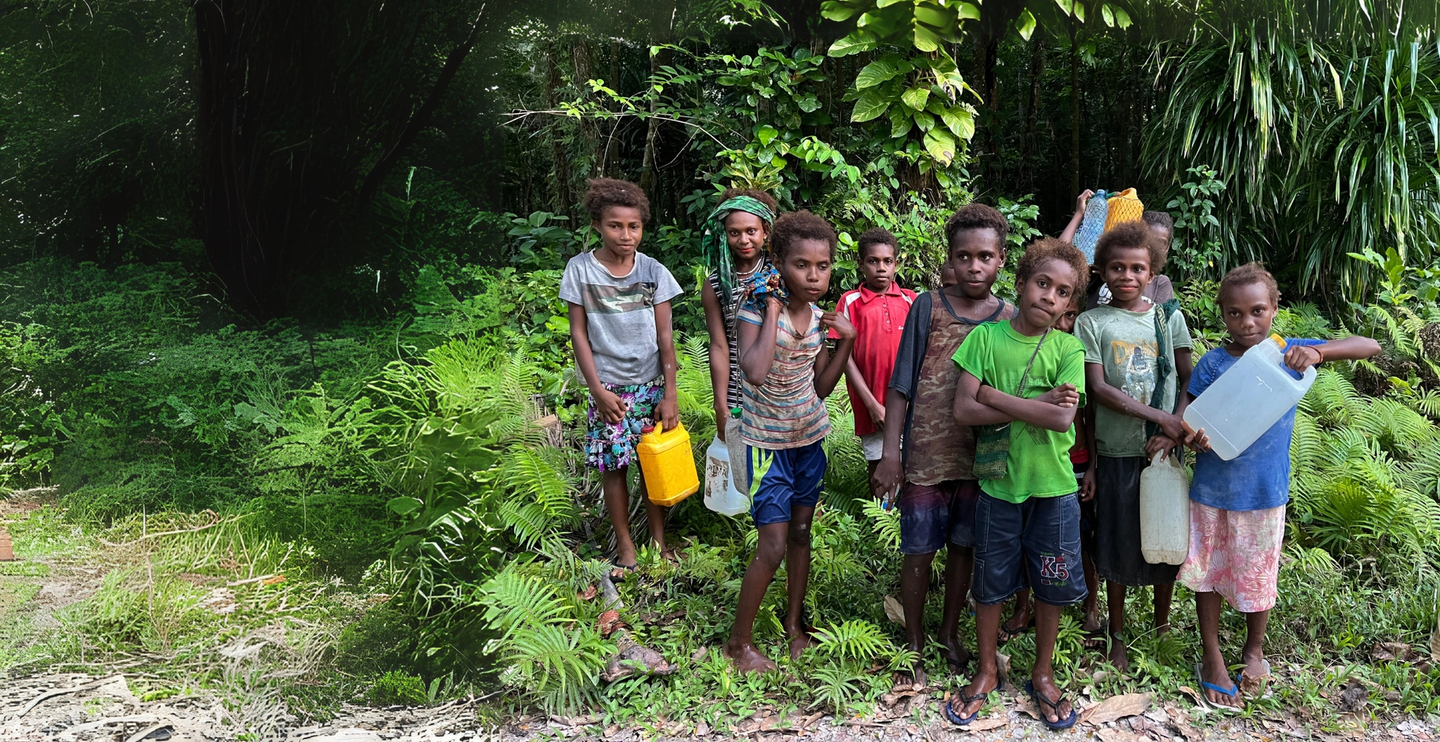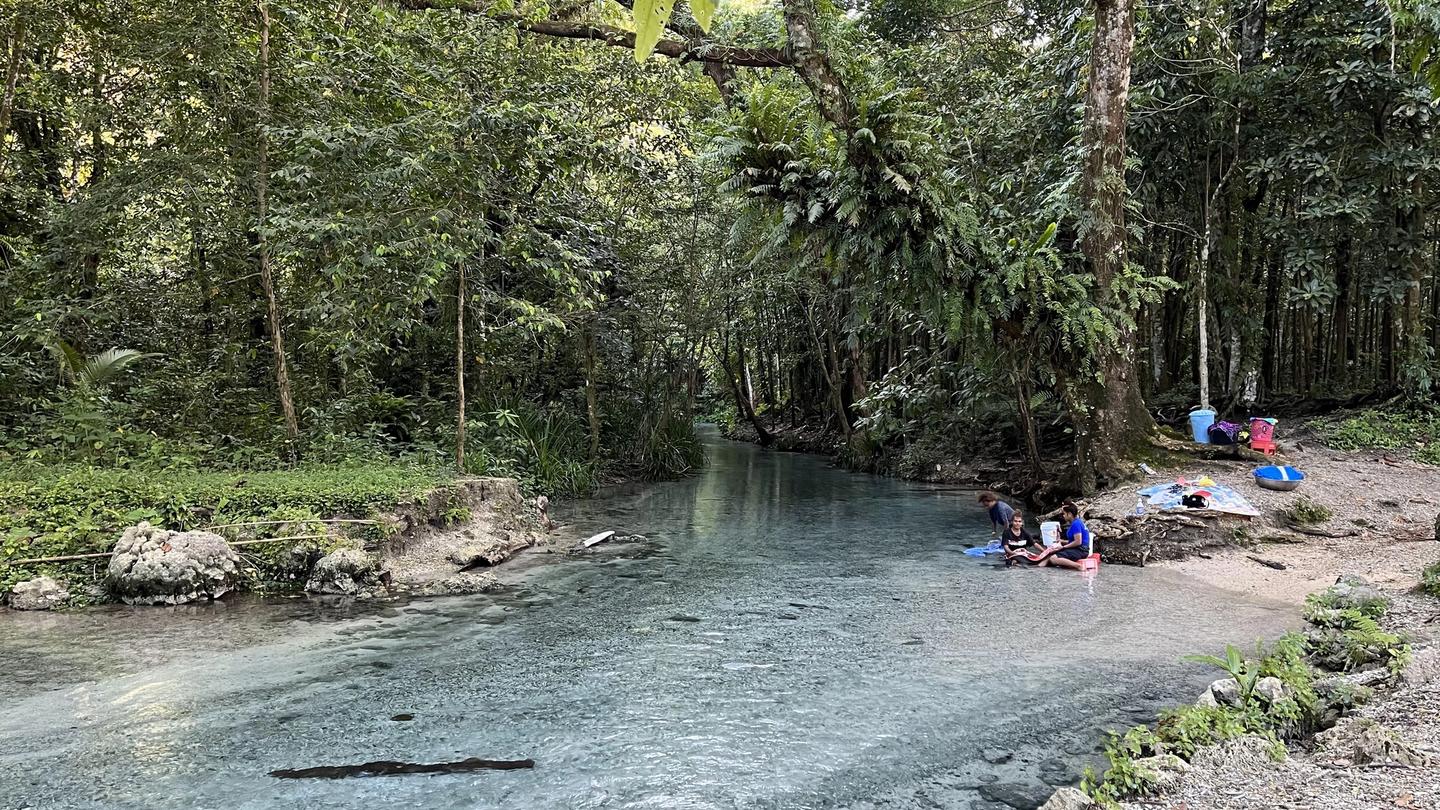Dirty water is killing children in the Pacific
You can help change this.
Thanks to MFAT co-funding, every dollar can be multiplied up to x5.
Your $20 gift can become up to $100.

You can help change this.
Thanks to MFAT co-funding, every dollar can be multiplied up to x5.
Your $20 gift can become up to $100.
Your generosity has already helped bring clean drinking water to children in the Pacific. How many children can you support?


1 UNICEF. Situation Analysis of Children in Kiribati. December 2017
2 UNICEF. Situation Analysis of Children in Solomon Islands. December 2017
3 JMP WASH, 2020
4 2023 Kiribati Water Quality Report